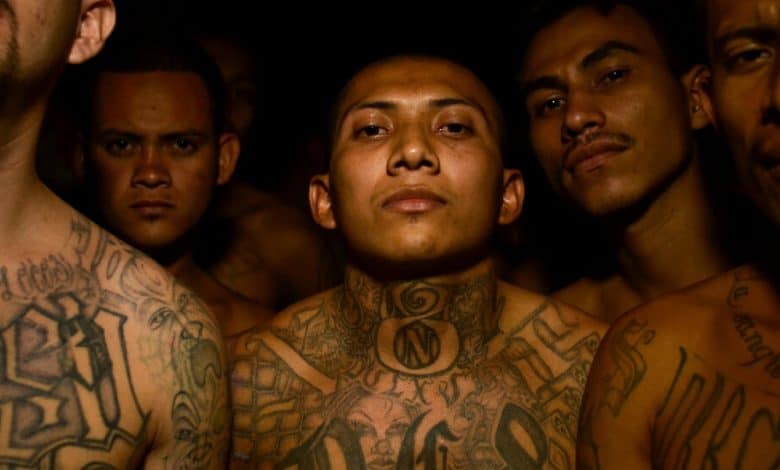In Latin America, Guards Don’t Control Prisons, Gangs Do

Ecuador’s military was sent in to seize control of the country’s prisons last month after two major gang leaders escaped and criminal groups quickly set off a nationwide revolt that paralyzed the country.
In Brazil last week, two inmates with connections to a major gang became the first to escape from one of the nation’s five maximum-security federal prisons, officials said.
Officials in Colombia have declared an emergency in its prisons after two guards were killed and several more targeted in what the government said was retaliation for its crackdown on major criminal groups.
Inside prisons across Latin America, criminal groups exercise unchallenged authority over prisoners, extracting money from them to buy protection or basic necessities, like food.
The prisons also act as a safe haven of sorts for incarcerated criminal leaders to remotely run their criminal enterprises on the outside, ordering killings, orchestrating the smuggling of drugs to the United States and Europe and directing kidnappings and extortion of local businesses.
When officials attempt to curtail the power criminal groups exercise from behind bars, their leaders often deploy members on the outside to push back.